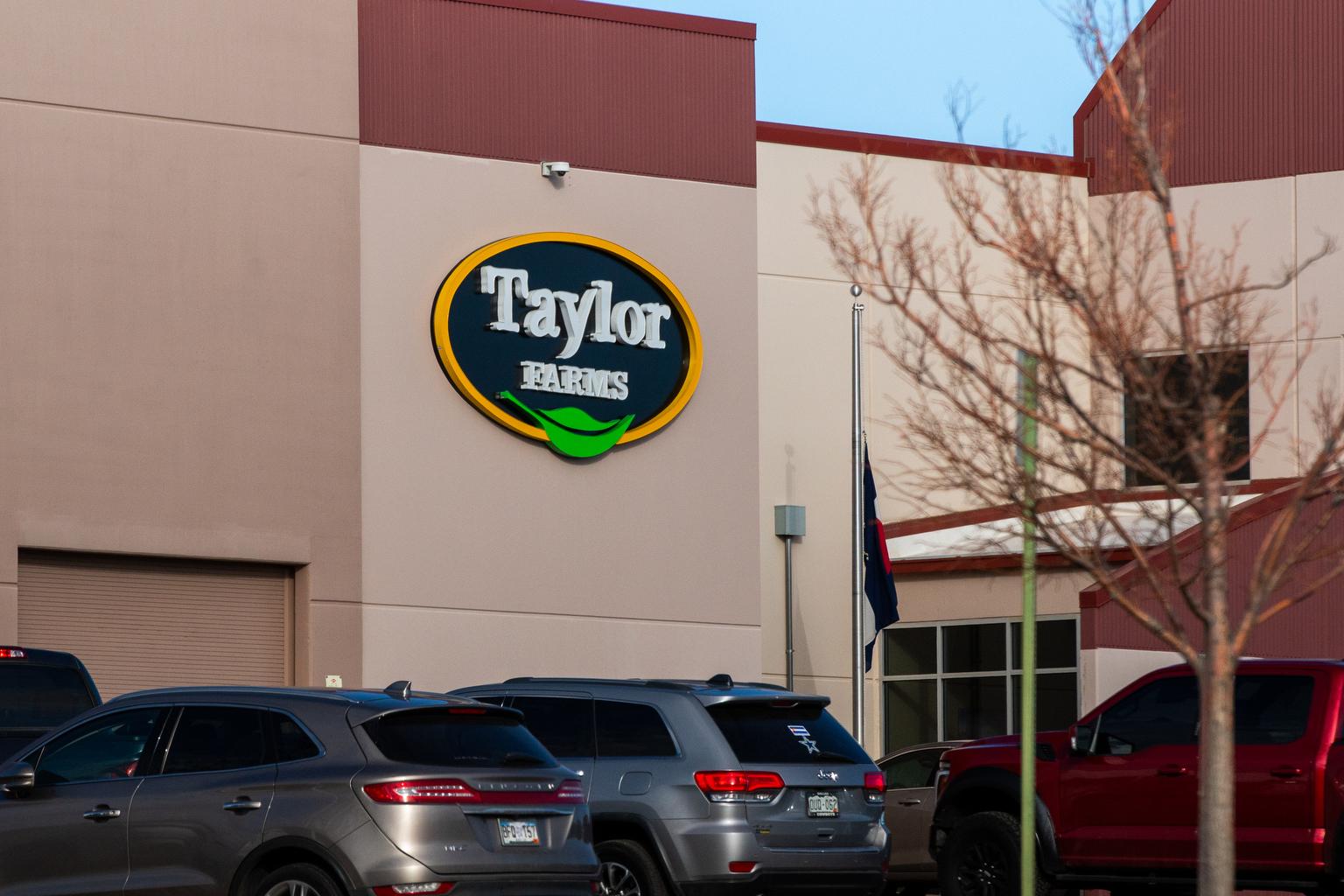
Inspectors say the Colorado Springs facility linked to an outbreak of E. coli in onions on McDonald’s Quarter Pounders had a number of health violations. That’s according to a newly released report from the federal Food and Drug Administration.
The October 2024 outbreak sickened at least 49 people nationwide, most of whom were in Colorado. One resident of Mesa County died as a result of the bacterial infection, and one Colorado Springs woman is suing the fast-food giant after she and her daughter contracted E. coli after eating at their local McDonald’s.
The Centers for Disease Control and FDA linked the infections to a Colorado Springs-based processing center operated by California-based Taylor Farms. The company issued a voluntary recall of yellow onions, and the FDA said samples collected from the recalled onions and a grower tested positive for a different strain of E. coli than was identified in the outbreak.
"The strain of E. coli linked to illnesses in this outbreak was not found in onion or environmental samples," the FDA wrote on Dec. 3, 2024. "However, epidemiologic and traceback evidence shows that recalled, yellow onions were likely the source of this outbreak."
In a document dated mid-December and released by the FDA Monday inspectors said over a two week period after the outbreak, they found sanitation violations at Taylor Farms Colorado, Inc. These include a failure to “conduct operations under conditions and controls necessary to minimize the potential for contamination of food.”
The FDA said the inspection was prompted by the outbreak. And though the document says the claims are "inspectional observations," the document also says the observations "do not represent a final Agency determination."
Inspectors categorized their observations into three categories: sanitation preventive control, monitoring, and not processing food "under conditions and controls necessary to minimize the potential for contamination of food."
”Slivered onions and other processed vegetables are RTE (Ready to Eat) and exposed to the environment from the (redacted) step to the (redacted) step,” the report said. “According to management, the (redacted)-step is not a lethal treatment that would remove the biological hazard.”
The report cites examples of hazards, including:
- Not allowing equipment to air dry after sanitation, which is instructed by the manufacturer of the sanitizing solution;
- Production rooms “maintained at temperatures that would support the growth of pathogenic organisms such as Listeria;”
- Marking an internal visual inspection as “pass” when it should have been marked “fail.”
- Mixing of products that shouldn't be mixed, resulting in a customer complaint that they received onions mixed in with green peppers when it should have been just onions.
"During the inspection dates 10/28/2024 to 10/31/24, I observed several food contact surfaces … with food debris present after several full rounds of the firm’s (redacted) -step sanitation process,” the report read.
Additionally, the report said the company’s verification methods for identifying hazards, “are not designed to determine the types of pathogens present on a surface.”
And it wasn’t just the equipment sanitation practices that inspectors found faulty.
According to the report, employees “were not observed” washing their hands and putting on new gloves once they touched unclean surfaces. Instead, they reportedly sanitized their gloved hands. Management also reported it’s “common practice for employees to only use hand sanitizer stations in the production areas.”
”Production employees handling RTE produce and food contact surfaces were not observed using any of the handwashing sinks in the facility. Employees would sometimes use the hand sanitizer over their gloved hands only.”
When reached, Taylor Farms responded with the following statement:
"Taylor Farms is confident in our best-in-class automated systems, food safety processes and USDA-verified wash systems, all of which help to ensure the quality of our products. As is common following an inspection, FDA issued three observations of conditions that could be improved at one of our facilities. We immediately took steps to address the three observations made in the report and responded with our corrective actions.
The FDA classified this inspection as 'voluntary action indicated,' meaning the agency did not “take or recommend any administrative or regulatory action,” because FDA determined there was no public health risk. This is consistent with the fact that no illnesses or public health threat has been linked to these observations.
We know that maintaining trust with our customers and consumers is essential and we are committed to preserving that trust. Our vision of creating healthy lives continues to be important, and we remain deeply committed to delivering the safest, healthiest fresh foods possible to our customers."
The CDC considers the outbreak over. The FDA's investigation into it is concluded.
- One dead, 26 sick in Colorado amid ‘severe E. coli outbreak’ linked to McDonald’s food
- US closes investigation into E. coli outbreak linked to onions in McDonald’s Quarter Pounders
- E. coli outbreak underscores efforts to improve food safety, plus how to reduce your risk of illness
- Colorado Springs mother sues McDonald’s for alleged E. coli poisoning during October outbreak









